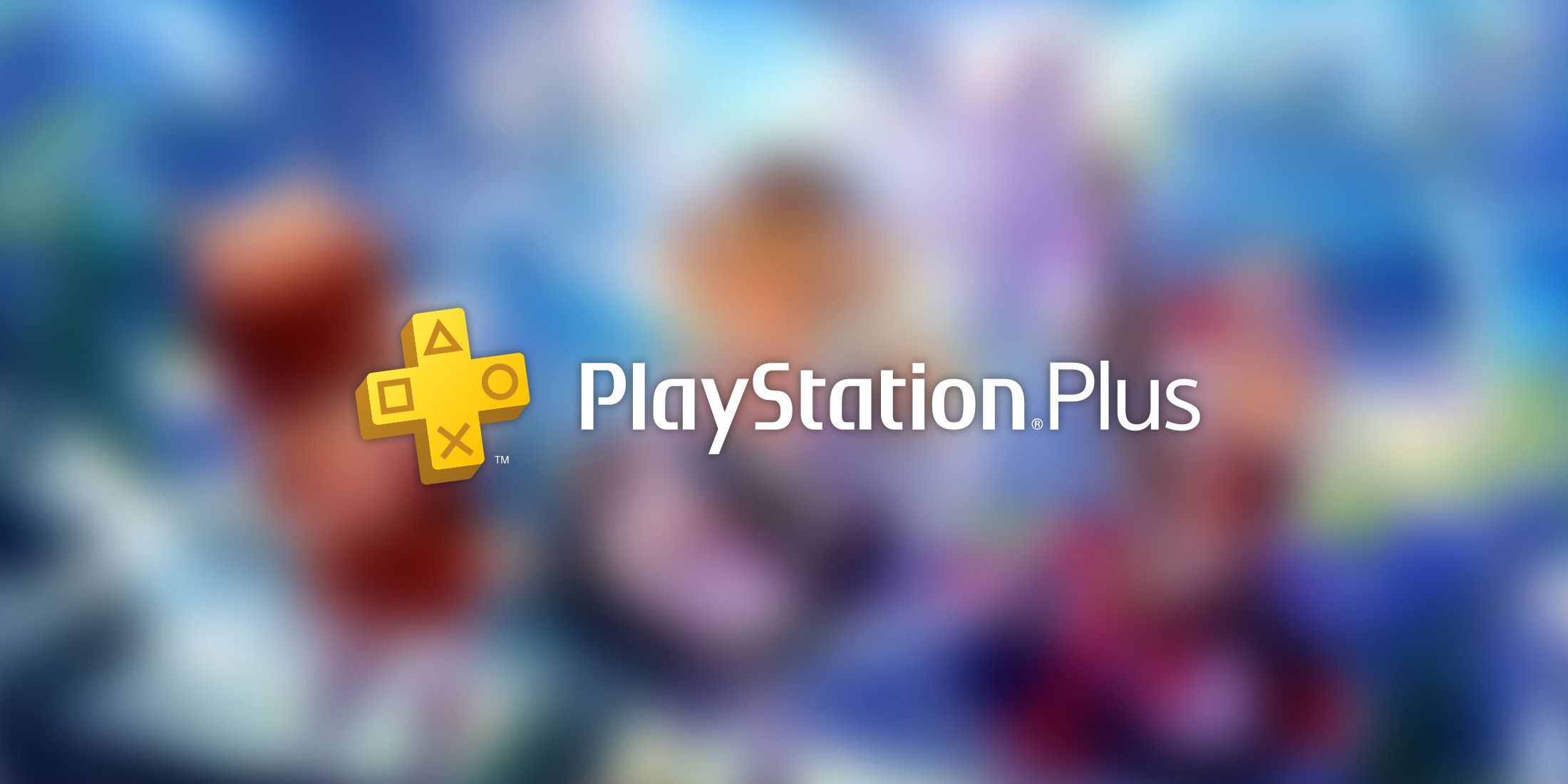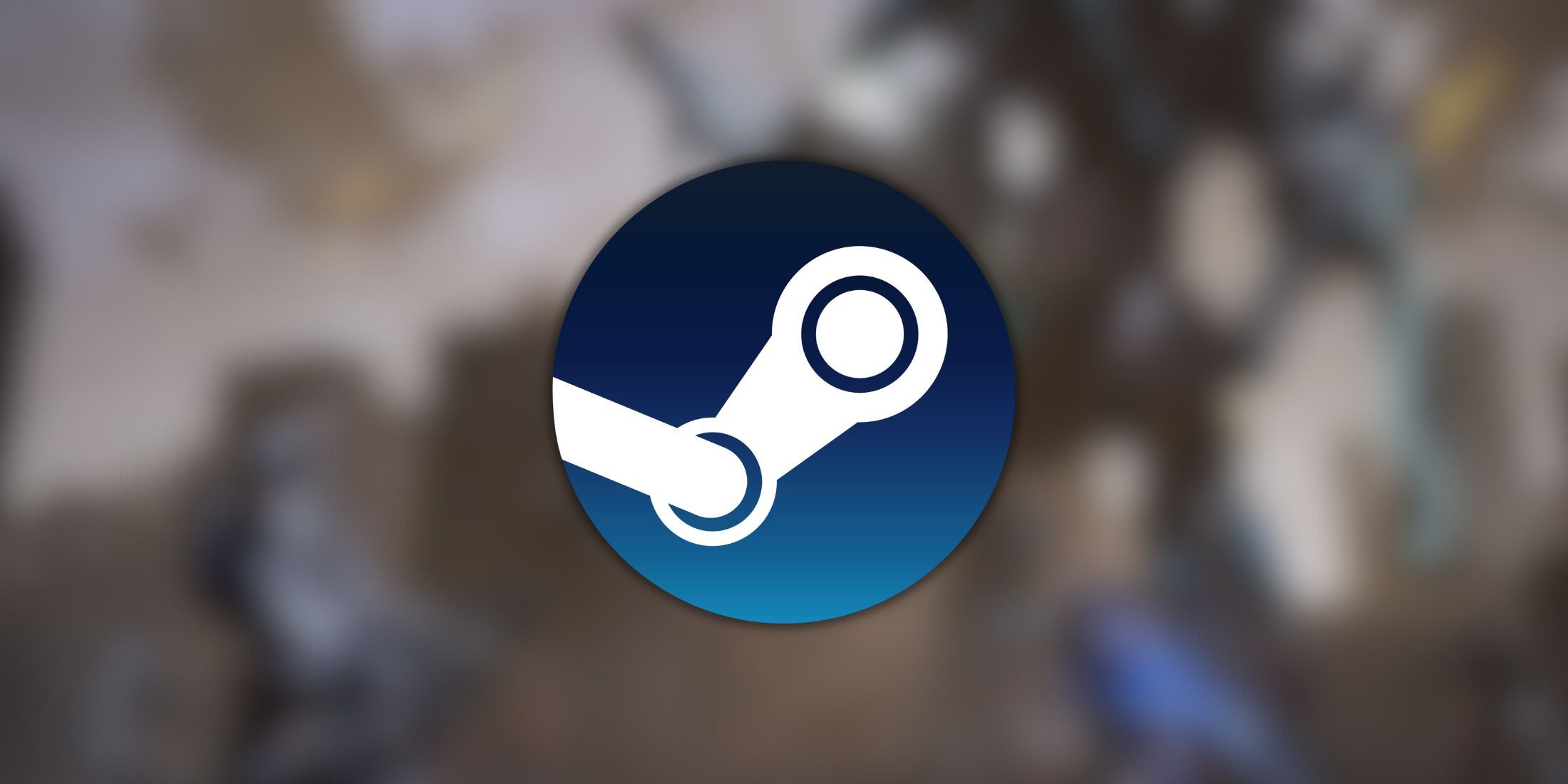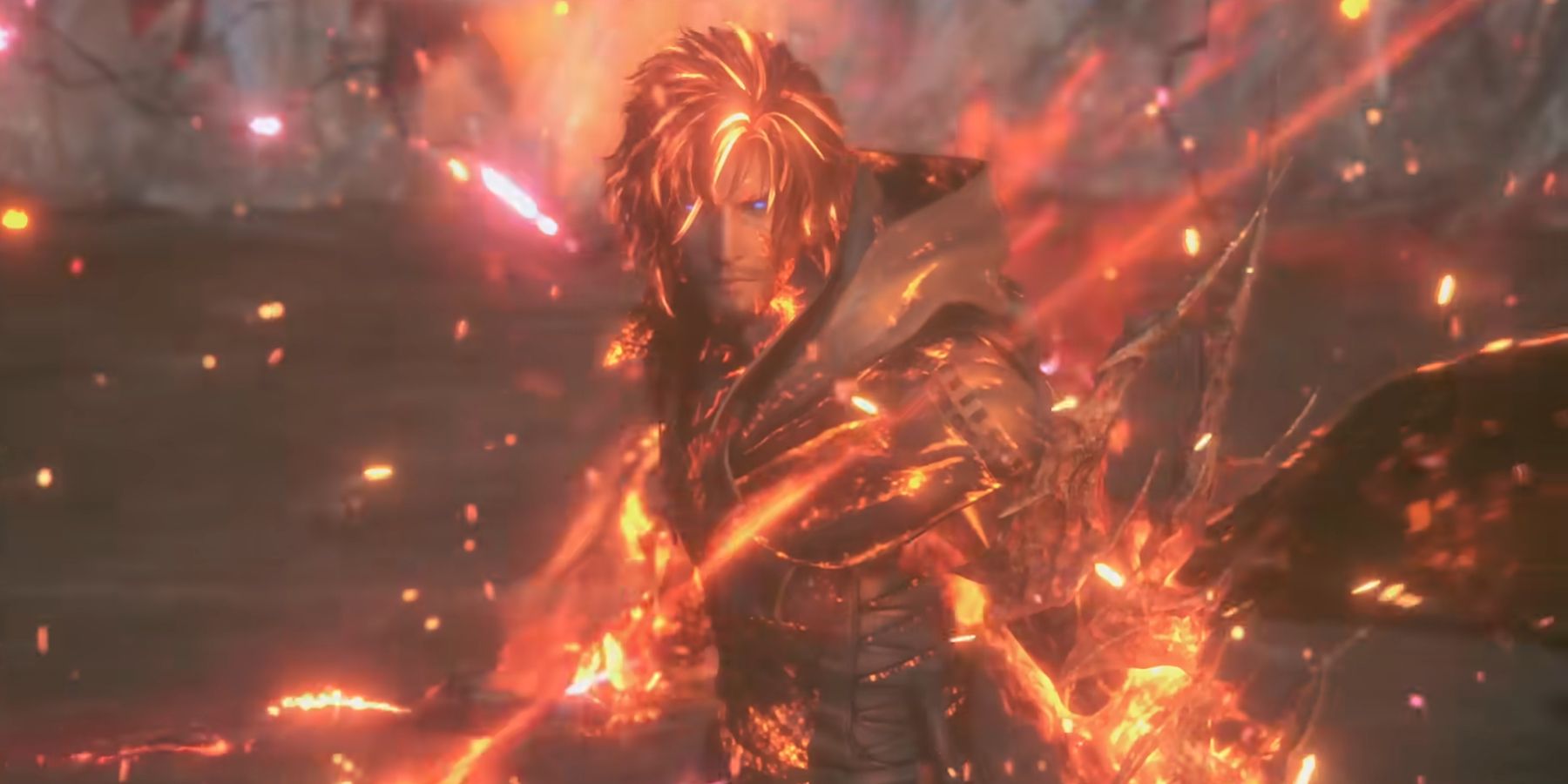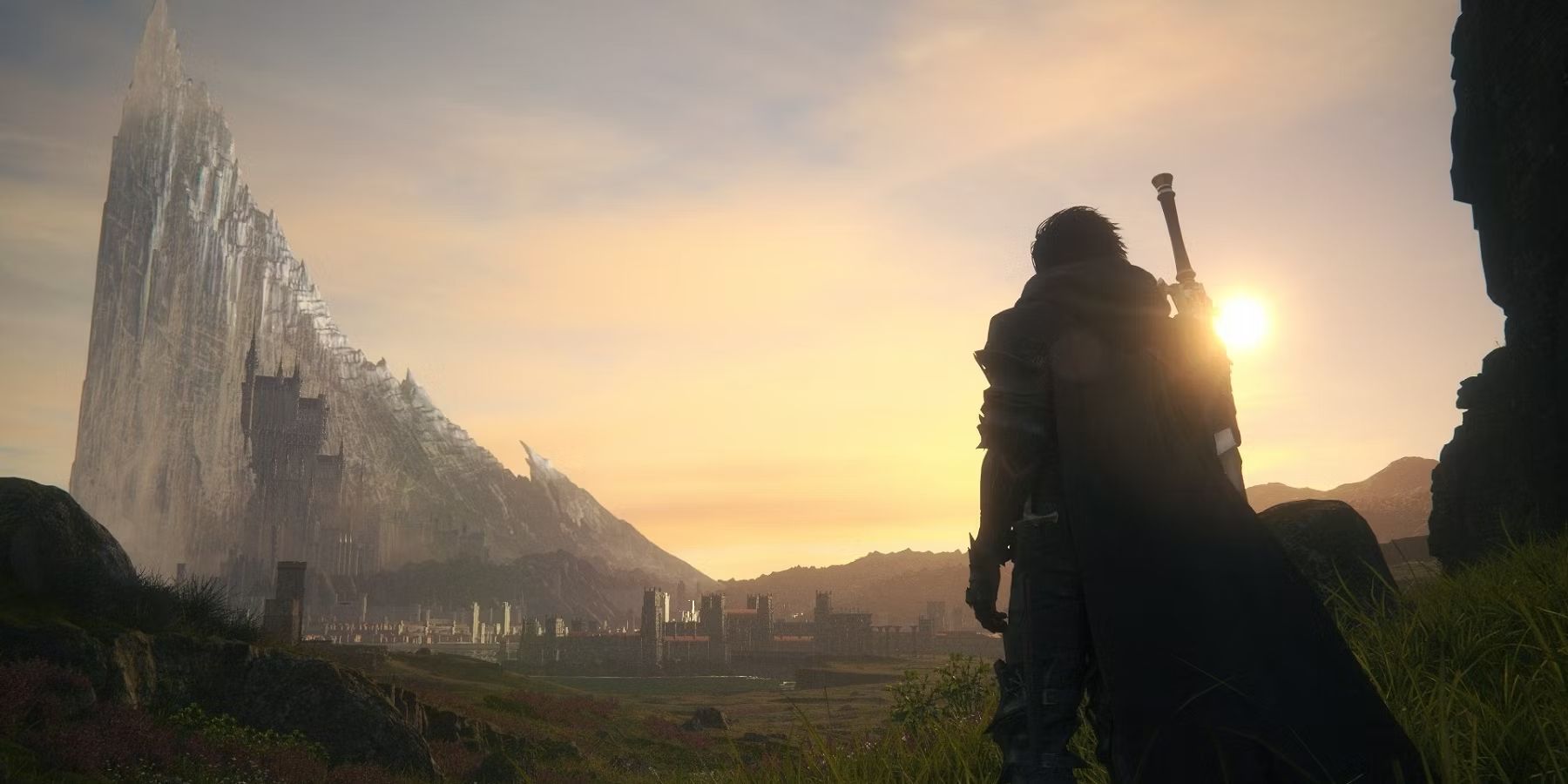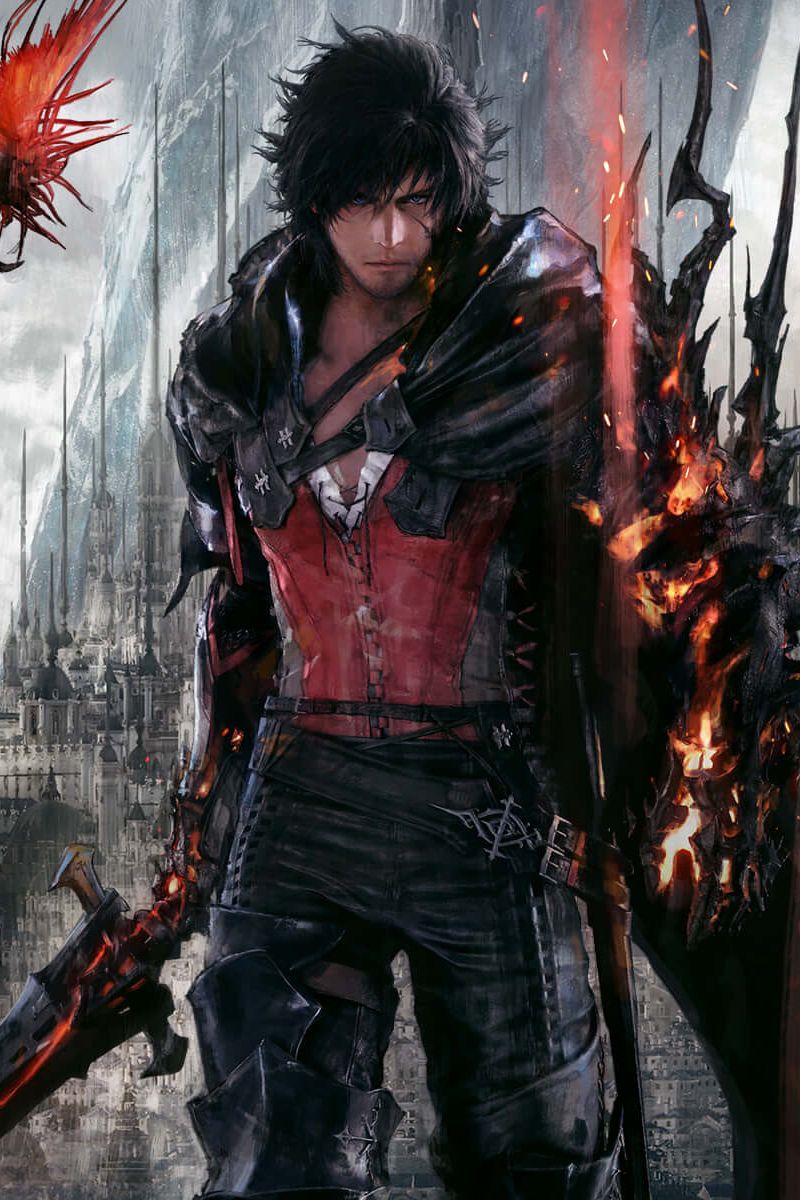Highlights
- Final Fantasy 16 marks a return to form for the series, with fast-paced action combat akin to Devil May Cry.
- The game's focus on a singular protagonist, Clive, impacts the depth and development of other characters.
- Final Fantasy 17 can build on FF16's action gameplay while incorporating a more dynamic party system for greater depth.
Final Fantasy 16 was one of 2023's most memorable action games and a significant landmark for the long-running franchise. The previous two single-player mainline Final Fantasy games, FF13 and FF15, were heavily criticized by fans and critics alike. FF16 marked a true return to form for the mainline series, paralleling the greatness of the FF7 remake trilogy that is in progress. While Final Fantasy 16 was a return to form in many ways, it was also a huge departure for the franchise. The title abandoned many long-held traditions in the name of imagining a new type of Final Fantasy game. One of the casualties of this change was the party system.
The Final Fantasy name has long been synonymous with the JRPG genre, but FF16 decided to take a different approach. The game utilizes a lot of the series' iconic imagery but trades in its usual RPG systems for action combat. FF16 feels a lot more like Devil May Cry than it does the early entries in the Final Fantasy series. This new combat system is accompanied by changes to storytelling as well. Rather than focusing on an ensemble cast, the game is primarily about Clive Rosfield. Clive is at times joined by various companions, but the player is only ever given control over him and, to a far lesser extent, his dog, Torgal.

What to Expect From Final Fantasy 16's Rising Tide DLC
Final Fantasy 16's Rising Tide DLC will take players to a brand-new location and ultimately pit them against the legendary sea serpent Leviathan.
Final Fantasy 16 Was A Compromised Success
The 'Character Action' gameplay of Final Fantasy 16 works to make it stand out from previous entries and is a strong fit for the game's story. Clive has the ability to take the form of Ifrit, a massive Kaiju-like monster. Given the chaotic nature of many of FF16's fights, abandoning the RPG genre for something faster-paced and more aggressive makes a lot of sense. This also works well given the game's focus on Clive as a near singular protagonist, allowing for his gameplay to feature a tremendous amount of depth. In spite of the success found in Final Fantasy 16's changes to the series formula, it comes with some downsides.
Final Fantasy 16's Characters Suffered Due to its Action Gameplay
Clive controls more fluidly than any other Final Fantasy protagonist, but he is the only character that the player can take control of. Commands can be issued to Torgal using the D-pad, but his abilities are limited. The lack of a party system and the game's relentless focus on Clive means that other characters like Joshua, Cid, Dion Lesage, and Jill Warrick never get much time to shine. Jill, in particular, is severely underdeveloped and often feels like she is there solely as an accessory to Clive. When compared to other supporting characters from the series, like Tifa and Aerith in FF7, the extended cast of Final Fantasy 16 is painfully underutilized in both gameplay and storytelling.
Final Fantasy 17 Can Have the Best of Both Worlds
The next mainline Final Fantasy game has the chance to double down on FF16's switch to action gameplay and make up for its shortcomings in doing so. Torgal's D-Pad controls could be expanded to other characters and made more intricate, allowing the player to use both their character and a companion in crafting combos. Making more characters controllable in this manner would give combat more depth and let players feel more attached to them. This gameplay change could be implemented hand in hand with substantial side-content for important characters besides the protagonist, allowing them to feel more like the party members of previous Final Fantasy games.
With the success of Final Fantasy 16 and the tremendous amount of hype behind FF7 Rebirth, the series is enjoying something of a modern renaissance. The development of Final Fantasy 17 is still in its earliest stages, but even after the release of Rebirth, fans will have a second FF16 DLC and the Dawnbringers expansion for FF14 to look forward to later this year. When FF17's time has come, however, there is a clear way for it to expand on Final Fantasy 16's action combat while still honoring the series' much-beloved party system.

